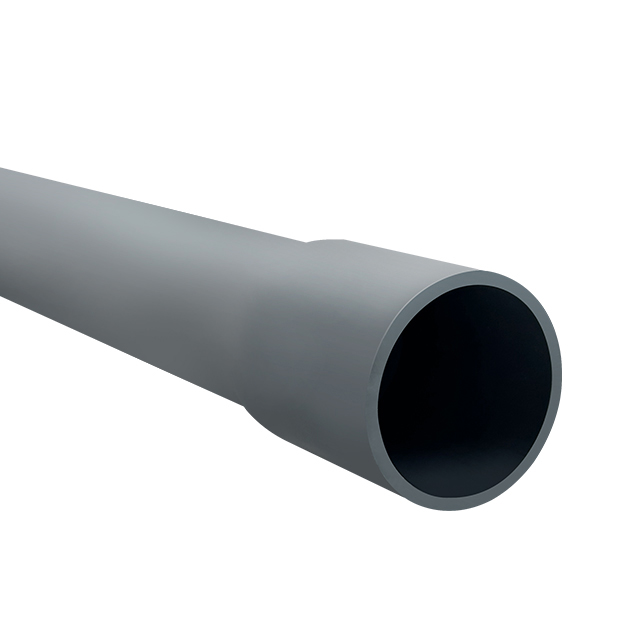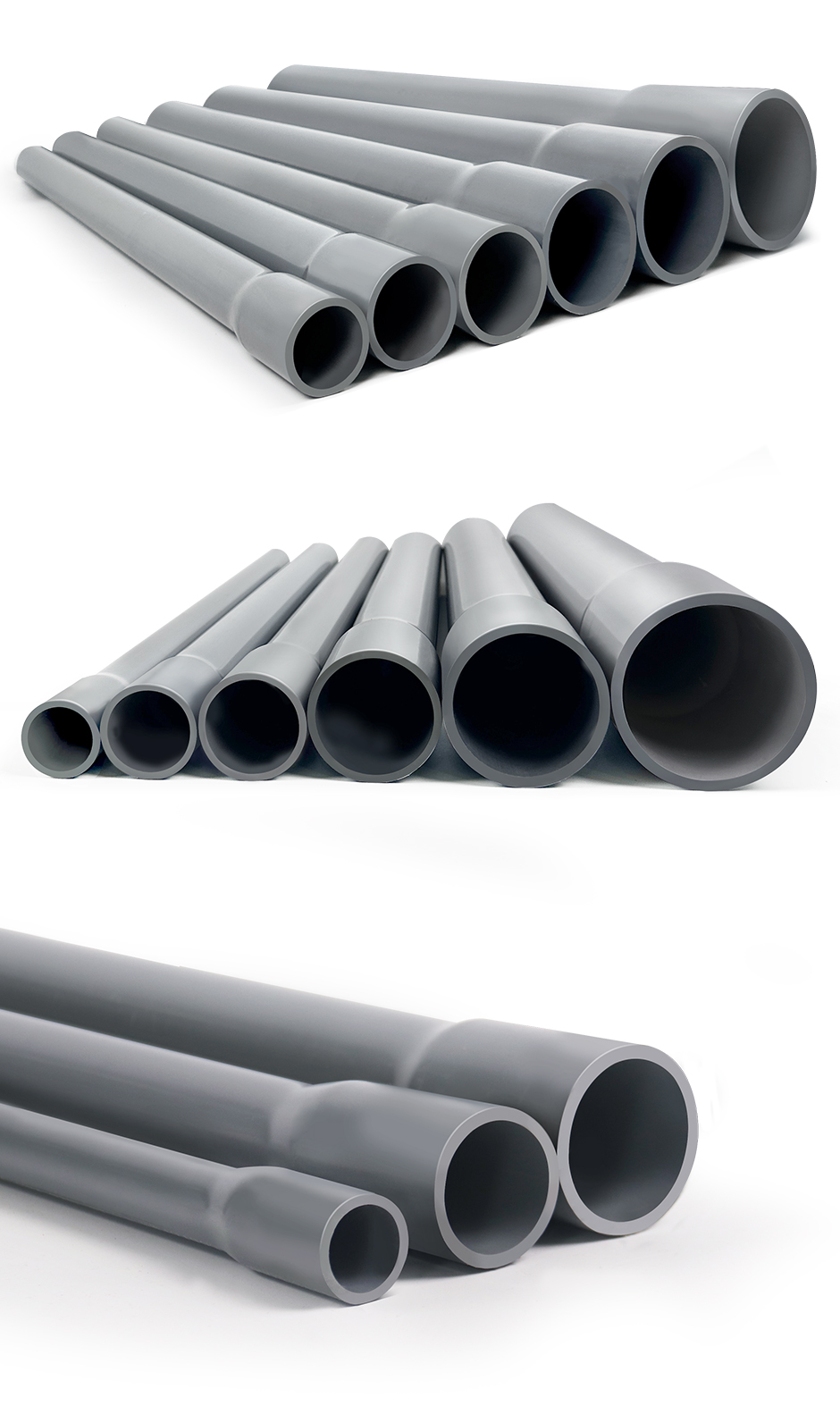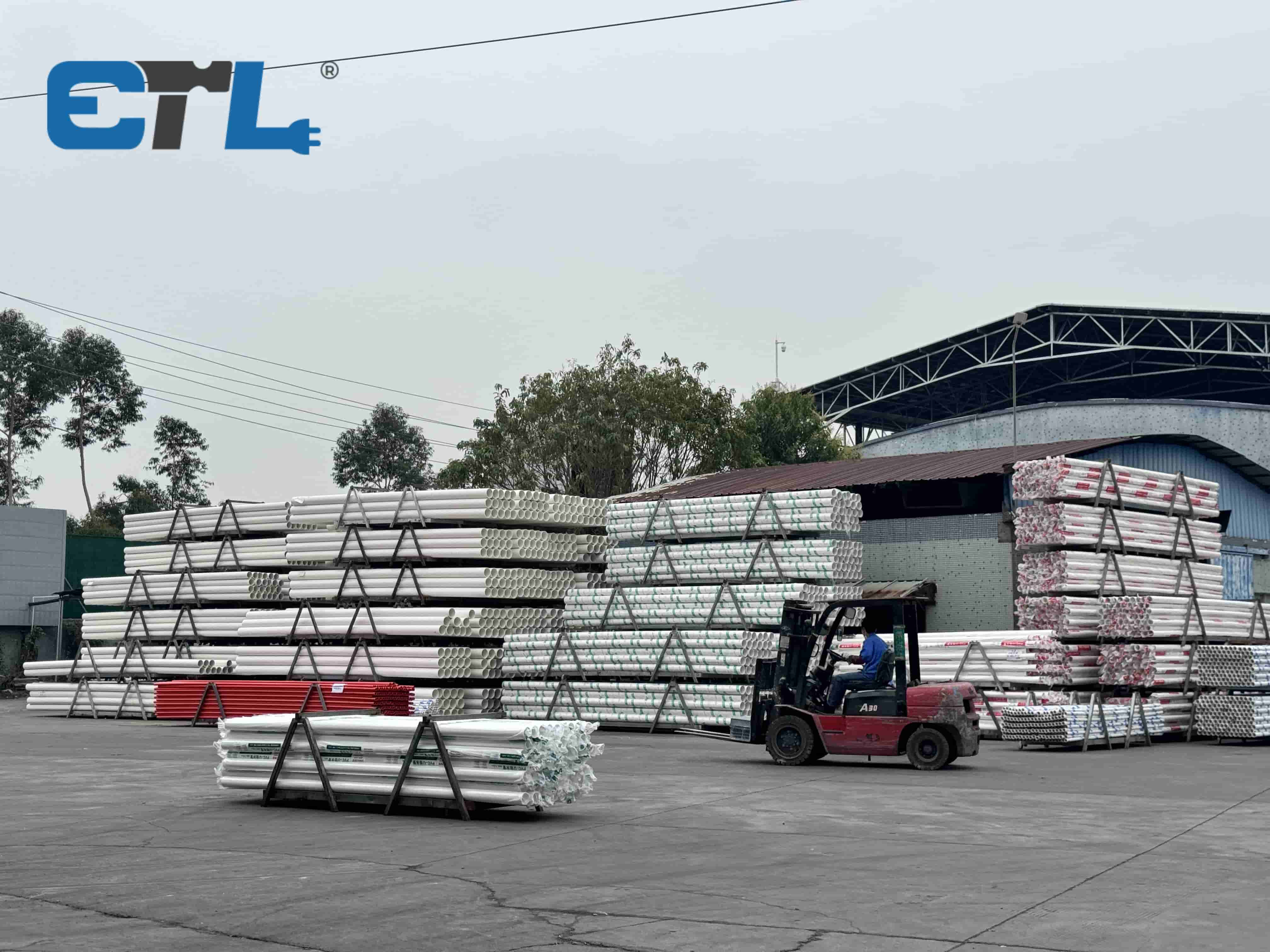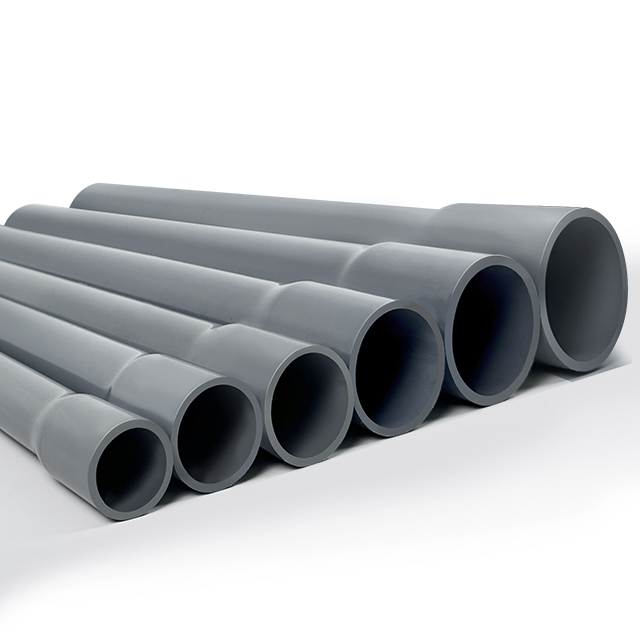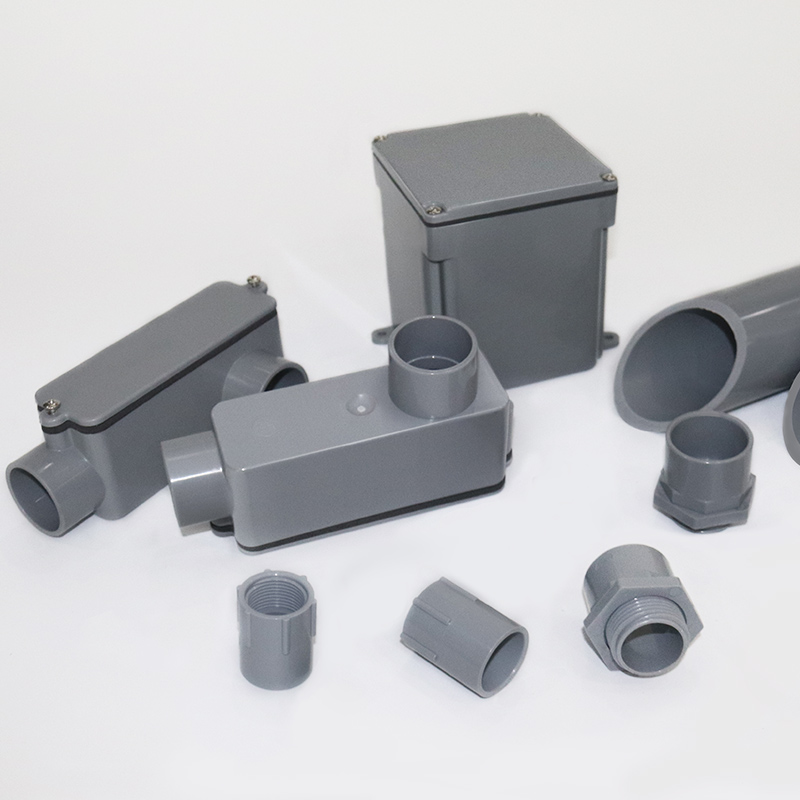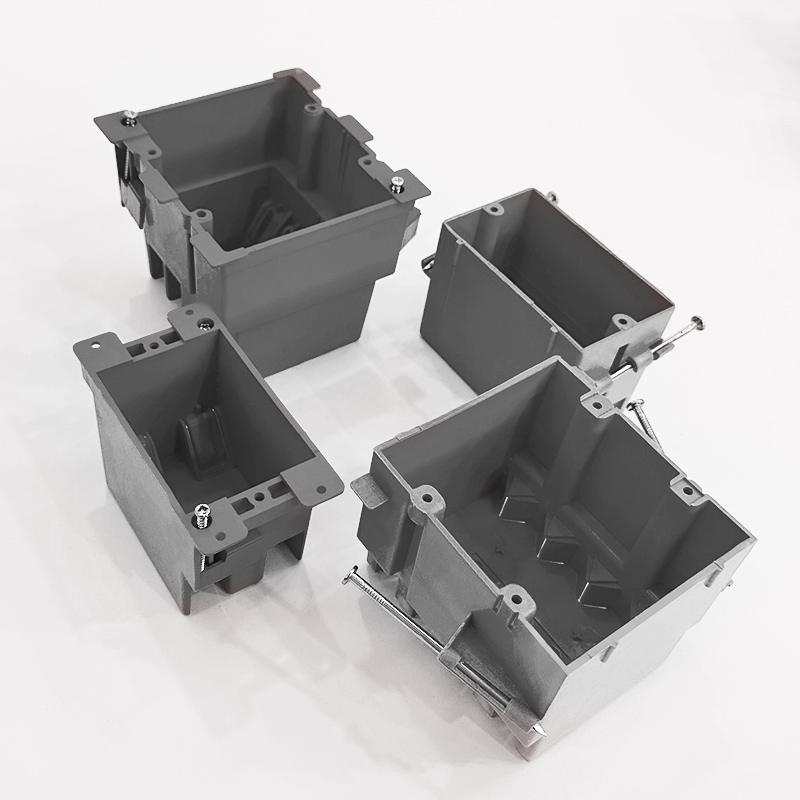When it comes to designing and installing electrical conduit systems, choosing the right type of conduit is crucial to ensure the entire system's safety, durability, and efficiency. Among the most popular options in electrical wiring systems are Type A and Type EB rigid PVC conduits. Both are designed to protect electrical wiring from external elements, but they serve different purposes and come with distinct features.
Understanding Rigid PVC Conduits
Before diving into the specifics of Type A and Type EB conduits, it’s essential to understand what rigid PVC conduits are and why they are so widely used in electrical systems.
PVC (Polyvinyl Chloride) is a durable and corrosion-resistant material that is often used in manufacturing electrical conduits. It is popular for its high strength-to-weight ratio, ease of installation, and long-lasting performance in a variety of environmental conditions.
ETL-certified rigid PVC conduit systems are specifically designed to meet rigorous electrical conduit standards, ensuring safety and reliability. These conduits are typically used in industrial, commercial, and residential applications. They offer reliable protection against corrosion, making them an ideal choice for both indoor and outdoor installations.
ETL-certified Rigid PVC Conduit
What Are Type A and Type EB Rigid PVC Conduits?
Both Type A PVC conduits and Type EB PVC conduits are types of rigid PVC conduits, but there are key differences that determine their suitability for various applications.
Type A Rigid PVC Conduit
Type A rigid PVC conduits are designed for general-purpose use. They offer a balance of flexibility, strength, and corrosion resistance, making them ideal for standard electrical installations.
Type A PVC conduits are commonly used in environments that do not experience extreme temperatures or physical stress. These conduits are perfect for wiring systems in buildings, homes, and commercial properties.
Some of the main features of Type A PVC conduits are:
● Standard durability and flexibility
● Resistance to corrosion and chemicals
● Suitable for most common electrical wiring systems
● Easy to cut and install
Type EB Rigid PVC Conduit
On the other hand, Type EB PVC conduits are more robust and designed for heavy-duty applications. These conduits are thicker and stronger than Type A conduits, providing enhanced protection for electrical wiring in more demanding environments. Type EB conduits are ideal for industrial installations, outdoor use, or areas where conduits are exposed to physical wear, impact, or harsh weather conditions.
Key features of Type EB rigid PVC conduits are:
● Increased wall thickness for higher strength
● Enhanced impact resistance
● Ideal for environments requiring additional durability
● Often used for outdoor or industrial installations
Type A and EB Rigid PVC Conduits
Key Differences Between Type A and Type EB Rigid PVC Conduits
While both types of rigid PVC conduits serve the same basic function of protecting electrical wiring, the main differences lie in their strength and suitability for different environments. Below is a comparison of their features:
|
Feature |
Type A Rigid PVC Conduit |
Type EB Rigid PVC Conduit |
|
Wall Thickness |
Thinner wall construction |
Thicker, heavy-duty wall construction |
|
Durability |
Suitable for general-purpose use |
Designed for heavy-duty environments |
|
Impact Resistance |
Moderate impact resistance |
High impact resistance |
|
Typical Applications |
Residential and commercial use |
Industrial, outdoor, and heavy-duty use |
|
Corrosion Resistance |
High resistance to corrosion |
High resistance to corrosion |
|
Flexibility |
More flexible, easier to install |
Less flexible but more robust |
Choosing Between Type A and Type EB Rigid PVC Conduits
Durability and Protection: If your project requires additional protection and is encased in concrete, Type EB might be preferable due to its extra-heavy wall construction.
Application Environment: For general underground wiring without the need for encasement in concrete, Type A could suffice.
Handling and Installation: Both types are lightweight and easy to install compared to metal conduits, but Type EB is specifically noted for its ease of handling due to its lighter weight.
Ultimately, the choice depends on the specific requirements of your project, including the level of protection needed, the environment in which it will be installed, and any regulatory standards that must be met.
Why Choose ETL-Certified Rigid PVC Conduit?
When selecting a rigid PVC conduit, it’s important to ensure that the product meets ETL certification standards. ETL is a recognized safety certification that ensures products meet rigorous electrical and safety standards. ETL-certified rigid PVC conduits guarantee that the conduit systems are safe to use in electrical installations and comply with local electrical codes.
Custom Rigid PVC Conduit Solutions
When you need specialized conduit systems for your electrical wiring installations, custom rigid PVC conduit solutions are a great option. Whether you require unique sizes, lengths, or additional features, ETL Depot offers a wide range of customization options to meet your specific needs. Custom solutions ensure that the conduit systems are tailored to your project’s exact specifications, providing the perfect fit for your electrical systems.
Bulk PVC Conduit Purchasing for Large-Scale Projects
For large-scale projects, bulk PVC conduit purchasing is a cost-effective option. By buying PVC conduit wholesale, you can reduce your overall material costs and ensure consistent quality across all parts of the electrical installation. As a leading PVC conduit wholesale supplier, ETL Depot provides competitive pricing for bulk orders without compromising on quality.
PVC Electrical Pipe Manufacturer
Conclusion
Type A and Type EB rigid PVC conduits offer distinct advantages depending on the project requirements. Choose Type EB for projects requiring extra protection and heavy-duty applications, while Type A is ideal for general underground wiring without the need for encasement in concrete.
For durable PVC conduits for electrical wiring and comprehensive solutions for your electrical conduit systems, consider partnering with ETL Depot, a trusted supplier of ETL-certified rigid PVC conduit products. Whether you need Type A and EB rigid PVC conduit, ETL Depot has the expertise and product range to support your project needs. Feel free to contact us for more.

